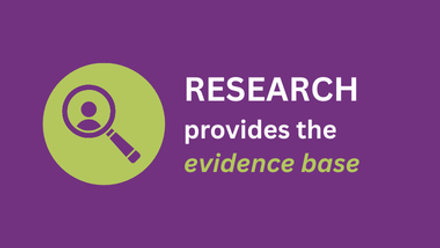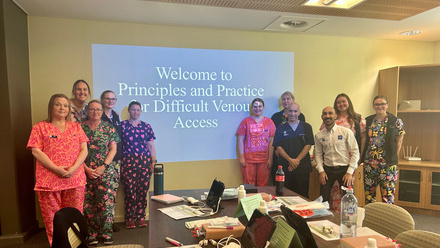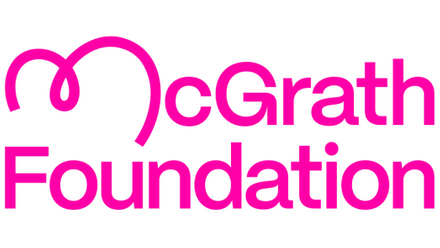Five prerequisites to achieving excellence in supportive cancer care by 2030: oncology nursing in the driver’s seat
This editorial presents their collective response to the ambitions set by the Supportive Care 2030 Movement. They believe that the 13 ambitions can realistically be achieved only if five prerequisites are in place that put oncology nursing at the forefront of any relevant endeavor.
- Prerequisite 1: Nurses should influence how evidence and policy are developed, applied and utilized
- Prerequisite 2: Nurses should have coordinated and autonomous roles across the cancer care continuum
- Prerequisite 3: Nurses should have a demonstrable key role in delivering interdisciplinary cancer care
- Prerequisite 4: Nurses should assume new dedicated roles in response to need
- Prerequisite 5: Nurses should have equitable access to development opportunities as and when needed
Click here to read the full article.
Authors: Margaret I. Fitch, Grigorios Kotronoulas, Erica Fischer-Cartlidge, Annie M. Young, Winnie Kwok Wei So, Catriona Buick, Raymond Javan Chan, Charissa Cordon, Amanda Drury, Matthew Fowler, Jodi Hyman, Stephanie Lelond, Helena Ullgren, Lena Sharp, Joy Tarasuk, Patsy M. Yates
CNSA has been in touch with the authors about how we can get more involved in the collaboration in the future.





